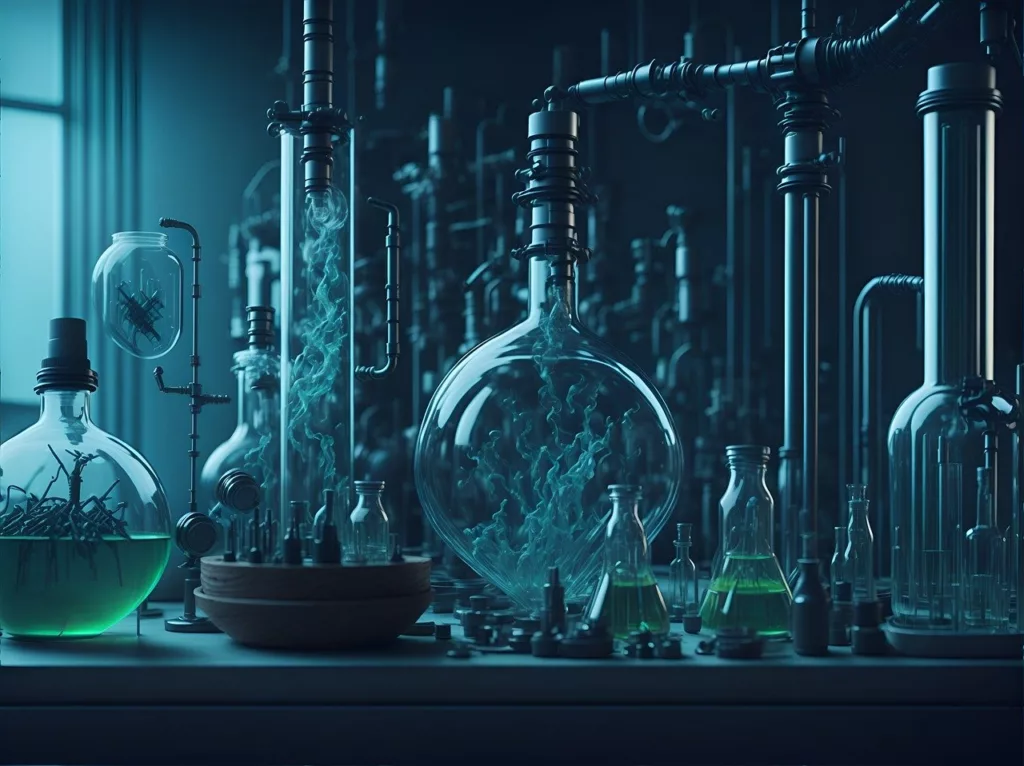“Artificial intelligence (AI) has come a long way in recent years, and one of the most exciting aspects of its development is the realm of AI experiments. These experiments allow researchers, developers, and enthusiasts to explore the capabilities of AI, push its boundaries, and uncover new possibilities. In this article, we will dive into the world of AI experiments, exploring some of the most intriguing and innovative projects that are reshaping our understanding of AI’s potential.
AI in Art and Creativity
AI has made remarkable strides in the world of art and creativity. Generative adversarial networks (GANs) and deep learning algorithms have been used to create stunning pieces of artwork, compose music, and even generate poetry. AI-powered tools like DALL-E can generate images from textual descriptions, sparking new ideas for visual content creation.
AI in Natural Language Processing
Language models like GPT-3 have revolutionized natural language processing (NLP) and human-computer interaction. AI chatbots and virtual assistants powered by these models can engage in human-like conversations, answer questions, and even assist with content generation. Developers have been experimenting with GPT-3 to create chatbots that simulate historical figures, fictional characters, and more.
AI in Gaming
AI experiments have also found their way into the gaming industry. Researchers have used reinforcement learning to train AI agents to excel in complex games like chess and Go. Additionally, AI-driven procedural content generation is being explored to create vast and dynamic in-game worlds.
AI in Healthcare
In the field of healthcare, AI experiments are focused on improving diagnosis and treatment. Machine learning models are being trained to analyze medical images, detect diseases, and predict patient outcomes. AI-powered diagnostic tools have the potential to assist doctors in making more accurate and timely decisions.
AI in Robotics
AI experiments in robotics have led to the development of autonomous drones, self-driving cars, and advanced robotic assistants. These machines are capable of navigating complex environments, performing tasks autonomously, and interacting with humans. The integration of AI in robotics is pushing the boundaries of automation.
AI in Science and Research
AI is also making significant contributions to scientific research. Researchers are using AI to analyze vast datasets, simulate complex phenomena, and discover patterns in scientific data. AI-powered simulations are aiding scientists in understanding climate change, drug discovery, and more.
AI in Education
AI experiments are transforming education by personalizing learning experiences. Adaptive learning platforms use AI to assess students’ strengths and weaknesses and tailor educational content accordingly. AI-powered tutors provide students with additional support and guidance.
AI in Exploration and Space
AI is playing a crucial role in space exploration. Autonomous rovers equipped with AI are being used to explore distant planets, while AI algorithms assist in analyzing space data and identifying celestial objects. These experiments are expanding our knowledge of the universe.
The Future of AI Experiments
The future of AI experiments is boundless. As AI technology continues to advance, we can expect even more groundbreaking projects that challenge the limits of what AI can achieve. Ethical considerations, responsible AI development, and addressing biases remain critical as we embark on this journey of AI exploration.
AI experiments are at the forefront of AI innovation, driving the development of new applications and technologies. These experiments inspire creativity, foster collaboration, and redefine the possibilities of artificial intelligence. As we witness the evolution of AI experiments, we are poised to discover new ways in which AI can enhance our lives and reshape various industries.

